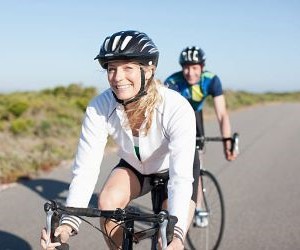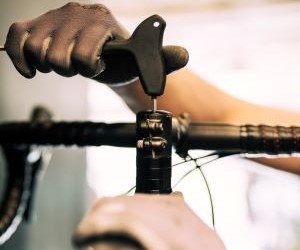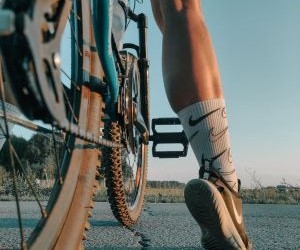Learn how to build confidence in cycling races with proven mental strategies, training methods, and tactical preparation for stronger performance.
Home
»
Competitions
»
HOW DO I PACK EFFICIENTLY FOR A CYCLING RACE?
Packing for a cycling race can feel overwhelming. Forget one item, and your preparation unravels before the start line. Efficiency comes from organization—knowing exactly what to bring, how to arrange it, and how to anticipate race-day variables. The best racers pack systematically, ensuring that every piece of equipment, nutrition, and clothing is ready to support performance. This article explains how to pack efficiently for a cycling race, from creating pre-race checklists to managing logistics and travel. With these strategies, you’ll arrive focused, confident, and free from last-minute chaos.

Building a race-day checklist
The foundation of efficient packing is a reliable checklist. Even seasoned riders benefit from written reminders, as pre-race nerves can cause oversights. Dividing the list into categories ensures nothing gets left behind.
Essential gear and equipment
Your bike is the centerpiece, but the small details matter just as much. Helmets, shoes, and spare tools can make or break a race day. Always double-check mechanical essentials and pack backups where possible.
Clothing for all conditions
Weather is unpredictable, especially in endurance events. Pack layers: jerseys, base layers, arm warmers, and rain jackets. Having options avoids the stress of last-minute weather shifts.
Bike, helmet, shoes, and pedals.
Spare tubes, CO₂ cartridges, multitool.
Clothing layers for hot, cold, and wet conditions.
Gloves, socks, sunglasses, and sunscreen.
A checklist reduces mental load, letting you focus on the race instead of worrying about forgotten gear.
Organizing nutrition and recovery items
Nutrition and recovery are as critical as the bike itself. Packing these items efficiently ensures energy stability during the race and optimal repair afterward.
Fueling for race performance
Pack race-day fuel in pre-sorted bags for easy access: gels, bars, chews, and hydration mixes. Count out enough for the race plus a margin for delays or extra effort. Don’t forget bottles already mixed and ready to go.
Recovery after the finish line
Recovery starts immediately. Bring a protein shake or recovery mix to consume within 30 minutes of finishing. Add snacks, electrolyte drinks, and a post-race meal plan so you’re not scrambling after the effort.
Race fuel pre-packed by hour or segment.
Two or more pre-filled bottles plus spares.
Post-race protein and electrolyte recovery.
Snacks and hydration for travel after the event.
By treating nutrition as equipment, you avoid bonks and set the stage for stronger recovery.
Packing strategies and travel logistics
Efficient packing is not just what you bring, but how you organize it. Smart strategies save time and reduce stress, especially when traveling to races.
Smart organization systems
Use bags or bins labeled by category: “Bike Gear,” “Clothing,” “Nutrition,” “Recovery.” Clear labeling saves frantic searching on race morning. A separate “Pre-Race Bag” for warm-ups and start-line essentials keeps critical items accessible.
Traveling with your bike
If flying, invest in a sturdy bike case and learn how to pack your bike safely. Carry tools and small spares in checked baggage. When driving, secure bikes properly to prevent damage and always double-check straps.
Organize gear into labeled bags or bins.
Keep a “Pre-Race Bag” for quick access.
Use a durable bike case for flights.
Check travel logistics early to avoid stress.
Packing efficiently means building systems you can reuse. Over time, race preparation becomes automatic and stress-free.
YOU MAY ALSO BE INTERESTED








